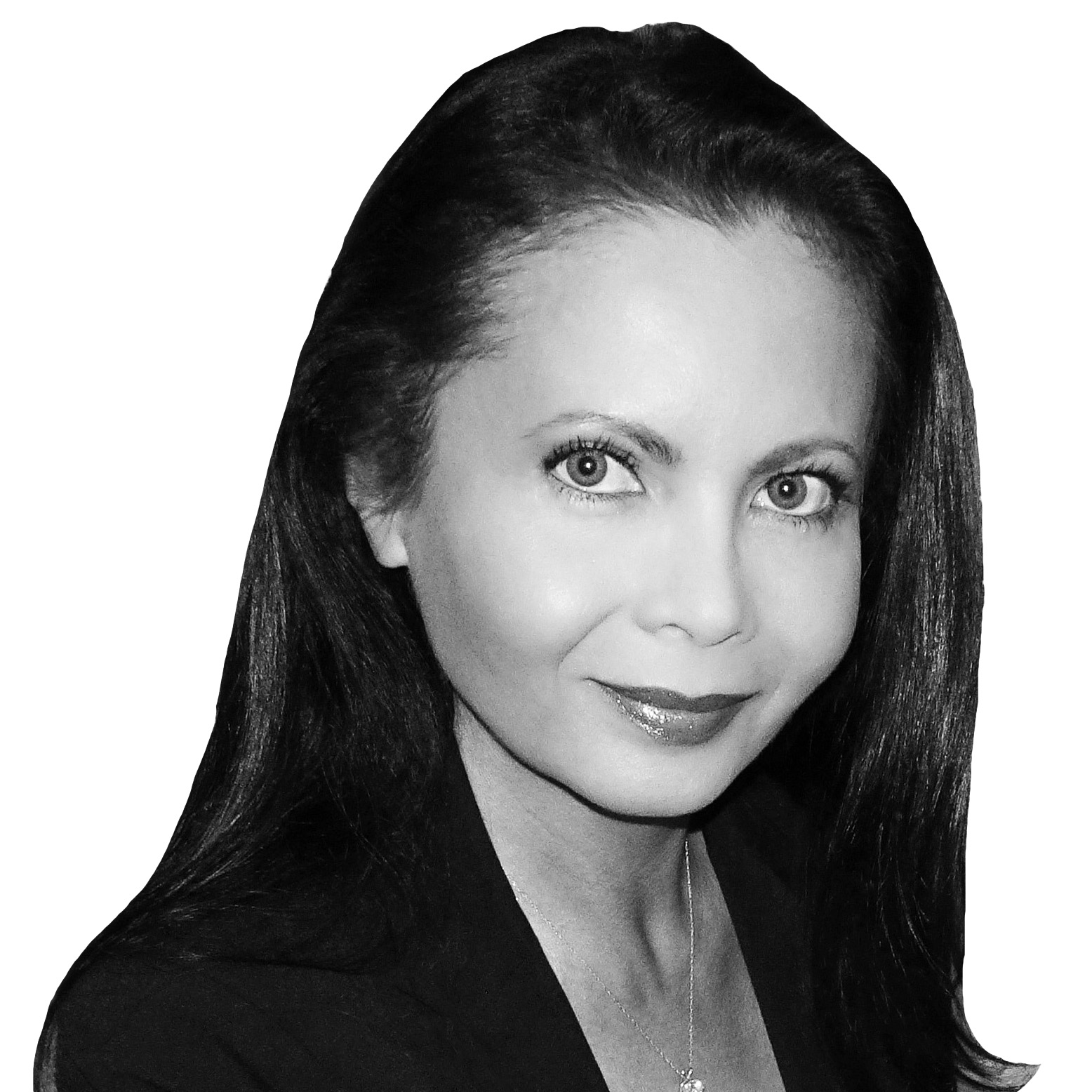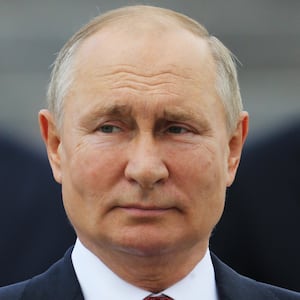Vladimir Putin’s invasion of Ukraine was meant to bring Russia millions of new citizens, as well as the country’s fertile land, flush with mineral and energy resources. Instead, the war has caused monumental losses on the battlefield, and the exodus of the best and the brightest from Russia.
Now, dwindling human resources are causing the Kremlin and its pliant mouthpieces to brainstorm about replenishing the gaping holes in Russia’s general population, workforce, and military.
Appearing on the state TV show Who’s Against? on Tuesday, Anna Revyakina, deputy chairwoman of the Public Chamber of the so-called Donetsk People’s Republic in occupied Ukraine, voiced her ideas about attracting potential immigrants to Russia. She suggested that instead of worrying about the wave of European visa bans on Russians who want to travel abroad, Moscow should do more to attract foreigners to Russia.
“All of us Russians and our government should create maximally attractive conditions for the citizens of other countries to come to us, augmenting our population,” she said. “We have an enormous territory, a huge country, maybe not even fully developed, 140 million people—of course, we need more. Vladimir Vladimirovich [Putin] is concerned about this, with various programs for families with many children.”
Revyakina urged Russian-speakers living in the Baltics to move to Russia, adding that such potential immigrants should be “loyal, in love with Russia, and speaking the language.” Moscow has long looked with hopeful anticipation at Russian-speakers in the Baltic states, with state TV propagandists highlighting their protests against the removal of Soviet-era monuments and urging them to come to Russia.
The exodus of young Russian professionals at the onset of the war has some Russian companies forcing employees to work overtime, during weekends, holidays, or their usual days off, as needed. Even that is not enough, and propagandists have gone so far as to urge authorities to employ prisoners with necessary qualifications.
“There’s nothing better than receiving a ready-made specialist, who already has an education and work experience,” Revyakina emphasized in her Tuesday TV appearance. Host Dmitry Kulikov cautiously added that the country desperately needed real programs that would allow for such a resettlement of foreigners.
It’s not the first time Russian state TV has brainstormed ideas to reverse its negative demographic trends by fishing for new immigrants even on the other side of the pond.
Appearing on The Evening With Vladimir Solovyov last year, Maria Zakharova, the spokeswoman for Russia’s Ministry of Foreign Affairs, claimed that she had received a flood of inquiries from Trump supporters in the United States, disillusioned with the outcome of the storming of the Capitol on Jan 6. According to Zakharova, they urgently sought information about obtaining Russian citizenship, allegedly fearing “repressions.”
There was no follow-up as to whether any of those inquiries later materialized into tangible attempts to immigrate to Russia and the lone runaway Capitol rioter, Evan Neumann, went to Belarus instead. The Kremlin’s talking heads are quite open about American immigrants they find particularly attractive, with the likes of Steven Seagal and Ronald Reagan’s former adviser Suzanne Massie often showcased as top-shelf newcomers and brand new pro-Kremlin patriots who received Russian citizenship.
The state media’s persuasion playbook usually consists of stoking discontent in other countries, presenting Moscow as a paragon of religious propriety and freedom, and hoping that disgruntled foreigners will flow into Russia’s welcoming arms. Westerners are being lured with the promise of “conservative” values and Russian-speakers who live outside of the Motherland are being told that it’s time to come home to avoid persecution and discrimination by the “Russophobic” West.
While Russia is concealing and underreporting its losses in Ukraine, the constant search for volunteers—those willing to risk their life and limb to serve the expansionist ambitions of the largest country in the world—speaks volumes.
Top propagandists on state television have been laser-focused on encouraging people of all ages to enlist. Back in May, state TV host Vladimir Solovyov complained about Russia’s “demographic gap,” and praised a bill crafted to increase the upper age limit for military eligibility. It was approved in the State Duma the same month, allowing 65-year-olds to serve in the Russian army, including any foreign nationals wishing to enlist. He has also been openly soliciting an infusion of foreigners to stand in the gap: Last week, on his radio show Full Contact, Solovyov wished out loud that 100,000 North Koreans could join the Russian Armed Forces on the front lines in Ukraine.
Russia’s younger generation has made it clear they are in no rush to die in a mindless attack on Ukraine, but that doesn’t seem to faze Vladimir Putin. On Thursday, the Russian president signed a decree increasing the number of Russian military personnel by 137,000 to 1.15 million troops, the biggest expansion in a decade.








